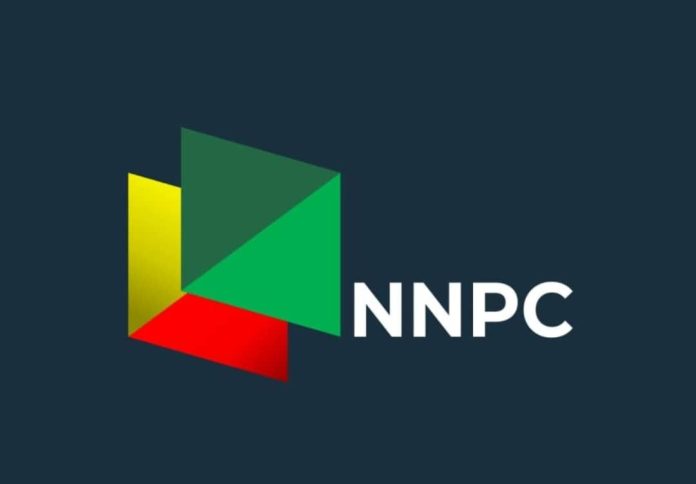Nigerians may soon experience a reduction in the price of premium motor spirit, popularly known as petrol, following the federal government’s decision to continue the naira-for-crude exchange deal with Dangote Refinery and other domestic processors.
On Wednesday, the government, through its Technical Sub-Committee on the Crude and Refined Product Sales in Naira Initiative, announced the indefinite extension of the policy. The aim, according to the committee, is to support local refining, strengthen energy security, and ease pressure on the country’s foreign exchange reserves.
“The initiative remains in effect and will continue for as long as it aligns with the public interest and supports national economic objectives,” read the statement signed by the Implementation Committee chaired by Finance Minister Wale Edun and shared on the official X account of the Ministry of Finance.
The renewed commitment is expected to bring stability to fuel prices, especially after weeks of anxiety in the petroleum downstream sector. Industry players had been concerned about pricing volatility after Dangote Refinery, on March 19, suspended sales in naira over unresolved issues related to the policy framework.
Since then, retail fuel prices had crept up, prompting calls from marketers and the public for a return to the arrangement, which enables local refineries to purchase crude oil in naira rather than dollars.
Welcoming the government’s move, Billy Gillis-Harry, National President of the Petroleum Retailers Outlets Owners Association of Nigeria (PETROAN), described the continuation of the deal as a strategic step toward ensuring economic stability.
“First, we must congratulate the President and the Committee for looking into what should make Nigeria better,” Gillis-Harry told Daily Post. “As far as we are concerned, the naira-for-crude is a critical component of how Nigeria’s economic growth will fare. PETROAN is very happy about it. We hope it will be well implemented and effective.”
Similarly, Chinedu Ukadike, Spokesperson for the Independent Petroleum Marketers Association of Nigeria (IPMAN), said the renewed policy would soon be reflected in petrol pump prices, particularly from the Dangote Refinery.
“I think from now till the end of the week, the Dangote Refinery will come up with a new price,” Ukadike stated. “They can’t complain of having old stock because that is not best practice internationally.”
Ukadike’s comments came on the same day that global crude oil prices recorded a sharp decline, falling to their lowest levels in four years—down nearly six percent. The timing, analysts believe, could amplify the effect of the naira-for-crude deal by lowering the cost base for domestic refiners.
The naira-for-crude model was originally introduced to mitigate the adverse effects of foreign exchange shortages on local fuel supply. By allowing Nigerian refineries to pay for crude in local currency, the government aims to insulate the sector from dollar volatility and reduce the pass-through effect on pump prices.
When the Dangote Refinery temporarily halted naira-based transactions last month, it created supply gaps and speculative pricing in parts of the country. The new development is expected to correct that trajectory and restore confidence among downstream operators.
While the government has not released a specific timeline for updated pricing, stakeholders suggest that changes could be imminent, depending on how quickly new crude-for-naira transactions are concluded and feedstock is supplied to the refineries.
With oil prices dropping and local refining capacity improving, the hope is that Nigerians may finally begin to enjoy the benefits of domestic fuel production without the inflationary spikes tied to foreign exchange dynamics.
As the public awaits the new price template from Dangote Refinery, the spotlight remains on how effectively the policy will be implemented and monitored, especially in ensuring transparency, accountability, and fair pricing across the value chain.














